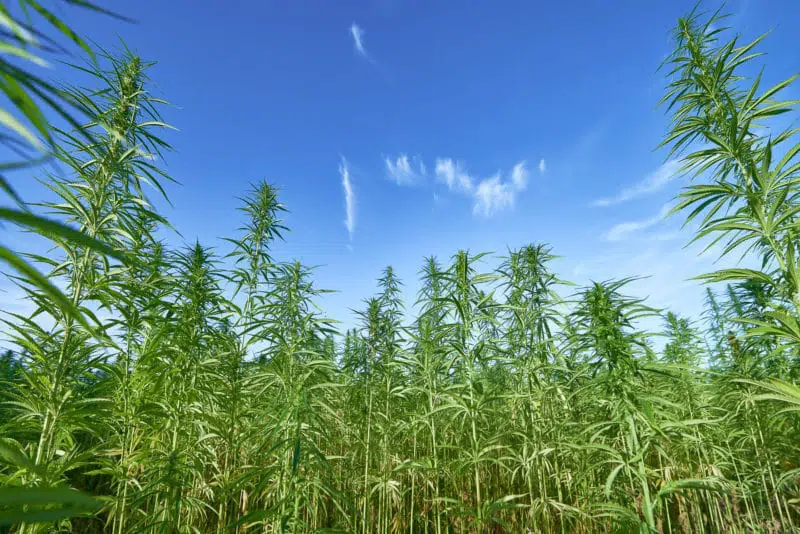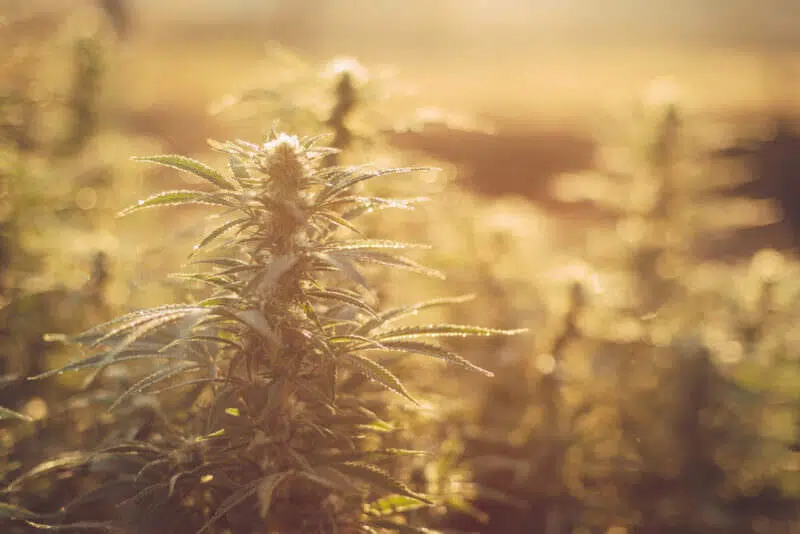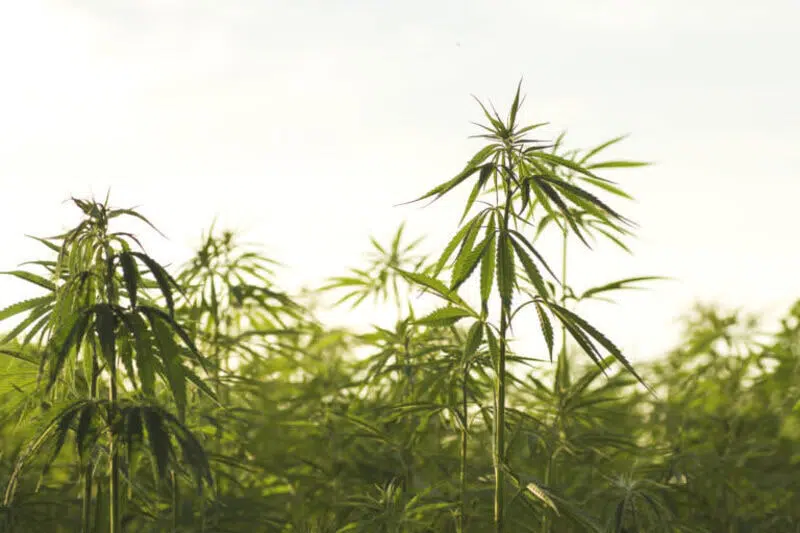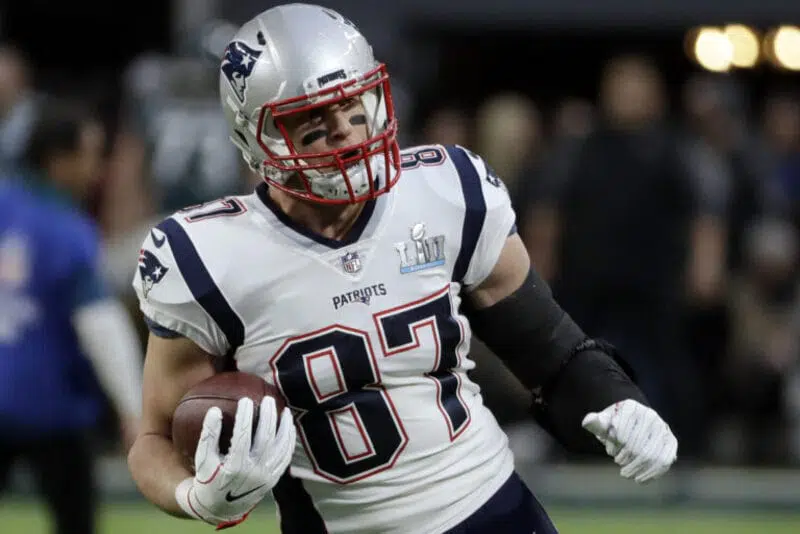-
- Market Research
- |
- CBD Near Me
- |
- Giveaways
- |
- Newsletter
- |
- Contact
- |
- Advertise
- |
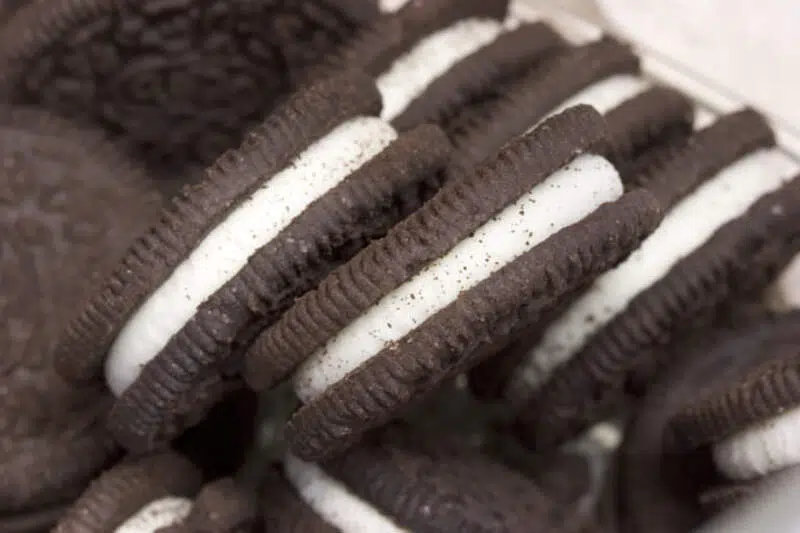
Here are the biggest stories from this week:
- Mondelez, the maker of Oreo, is “getting ready” for CBD-infused snacks
- Cura Cannabis, the owner of the Select brand, sells for nearly $1 billion to Curaleaf
- Pro golfer Bubba Watson is endorsing cbdMD despite a PGA Tour warning
- Hawaii lawmakers passed a bill to make the state’s industrial hemp program permanent
Oreo-Maker Mondelez ‘Getting Ready’ for CBD-Infused Snacks
Mondelez, the maker of Oreo, is exploring the possibility of creating CBD-infused snacks.
“Yes, we’re getting ready, but we obviously want to stay within what is legal and play it the right way,” CEO Dirk Van de Put said Wednesday on CNBC.
While Van de Put denied that Mondelez would put in their Oreo cookies, the company is considering putting CBD in snacks like Chips Ahoy, Cadbury chocolate, Nilla Wafers, and Nutter Butter.
Mondelez is not the first major food company to eye adding CBD to its products.
It was revealed that Coca-Cola expressed interest in partnering with Aurora Cannabis to create CBD-infused beverages back in September 2018.
However, Mondelez and Coca-Cola have not followed through with the idea yet because of the US Food and Drug Administration policies on CBD.
Currently, the FDA prohibits adding CBD to food products.
“The space is not clear,” Van de Put said. “It’s a bit clearer in non-food products. In food products, I’m hoping that the FDA will bring some clarity in the coming months.”
Non-food CBD products, such as creams and topicals have received little to no push back from the FDA.
Some large retailers have already started selling CBD topical products, such as CVS, Walgreens, Rite Aid, and GNC.
One retailer, The Vitamin Shoppe, has taken its chances with the FDA by offering capsules from Irwin Naturals.
Mondelez’s stock was up 1% on Wednesday morning when the news broke.
Cura Cannabis Sells for Nearly $1 Billion to Curaleaf
Cura Cannabis, the owner of the Select brand, was acquired in an all-stock transaction by Curaleaf valued at nearly $1 billion.
This is the largest deal among American companies in the cannabis industry.
The acquisition includes the Select Oil brand, but because Curaleaf already has a CBD product line, Select CBD is not part of the deal.
Select Oil, one of the largest cannabis companies on the west coast of the United States, is a lifestyle brand that operates in Oregon, California, Arizona, and Nevada.
The Portland company is best known for its vape pens, which are extremely popular among its target demographic.
Curaleaf, a Massachusetts-based company focused on wellness, has a large presence on the east coast of the US.
Curaleaf has 44 dispensaries, 12 cultivation sites, and 11 processing sites in 12 states.
“The transformational acquisition of Cura and the Select brand is another step in our journey to create the most accessible cannabis brands in the U.S.,” said Joseph Lusardi, CEO of Curaleaf.
“The combination of Curaleaf and Select is a perfect fit. With our industry leading capacity, expansive retail distribution network and Select’s impressive sales and marketing capabilities, we intend to meaningfully accelerate our topline growth trajectory with the addition of the Select Oil product range,” Lusardi continued.
Cameron Forni, the CEO of Cura Cannabis, will now become the president of Curaleaf.
“The leading companies in the industry on the West Coast and the East Coast are now joining forces to progress the legalization and mainstream acceptance of cannabis across the country,” said Forni.
Pro Golfer Bubba Watson Endorses cbdMD Despite PGA Warning
Pro golfer Bubba Watson has signed an endorsement with the CBD company cbdMD, despite a warning about the cannabinoid from the PGA Tour.
“I’ve personally felt the benefits of cbdMD’s products,” said Watson in a press release. “cbdMD is the safest on the market and I am proud to partner with them to help millions feel better.”
PGA Tour Warning
The PGA Tour does not prohibit CBD but warns that players could fail a drug test if they use it.
“CBD in its pure form is not prohibited,” Andy Levinson, executive director of the PGA Tour’s Anti-Doping Program, told Golf Digest. “But the use of CBD in any of its currently available forms would be at a player’s own risk.”
In an April newsletter from the PGA Tour obtained by Marijuana Moment, the following notice was sent to athletes: “CBD products (like all supplements) pose a risk to athletes because they have limited government regulation and may contain THC, the psychoactive component of cannabis that is prohibited.”
The Tour suspended golfer Robert Garrigus for three months in March for failing a drug test due to cannabis use.
Support for CBD Rising
Nevertheless, other golfers before Watson have shown support for CBD.
Scott Piercy and Scott McCarron have both either endorsed or invested in a CBD company.
Additionally, some have speculated that Tiger Woods and Phil Mickelson used CBD during The Masters.
Per the terms of Watson’s deal with cbdMD, the two-time Masters champion will have the cbdMD logo on both sides of his hats and visors starting later in May.
Watson also announced the deal on Twitter.
Big things happening up here in NY! @cbdmd_usa pic.twitter.com/Xrs4DwXAiq
— bubba watson (@bubbawatson) May 1, 2019
“By joining forces with one of the biggest names in the sport, we’re excited to see how the golf community embraces the newfound popularity of CBD,” said Caryn Dunayer, president of cbdMD. “We’re looking forward to the continued success of Bubba, while educating the public on the many benefits of hemp-derived CBD.”
Hawaii Passes Bill to Make Industrial Hemp Program Permanent
The state legislature of Hawaii has passed a bill that would make the industrial hemp pilot program in the state permanent.
“It’s really a victory for all the small farmers out there,” said Rep. Richard Creagan, D-South Kona/Ka‘u.
Creagan expects Governor David Ige to sign the bill.
The existing pilot program, which is under the administration of the Board of Agriculture, limits the number of licenses the state gives to farmers.
Currently, there are only 17 licensees in the state.
The new bill removes the limit on licenses.
“We don’t want to just stop giving people licenses,” Creagan said. “We don’t want to look like we’re trying to keep people out.”
The bill also appropriates funds for three full-time employees to run the program.
Hemp is not fully legal in Hawaii.
A measure to bring the state into compliance with the federal position on hemp failed in March.
Hawaii also does not allow for the sale of CBD unless under a prescription.
If signed, the new hemp program will begin in 2020.


